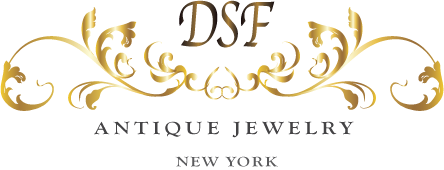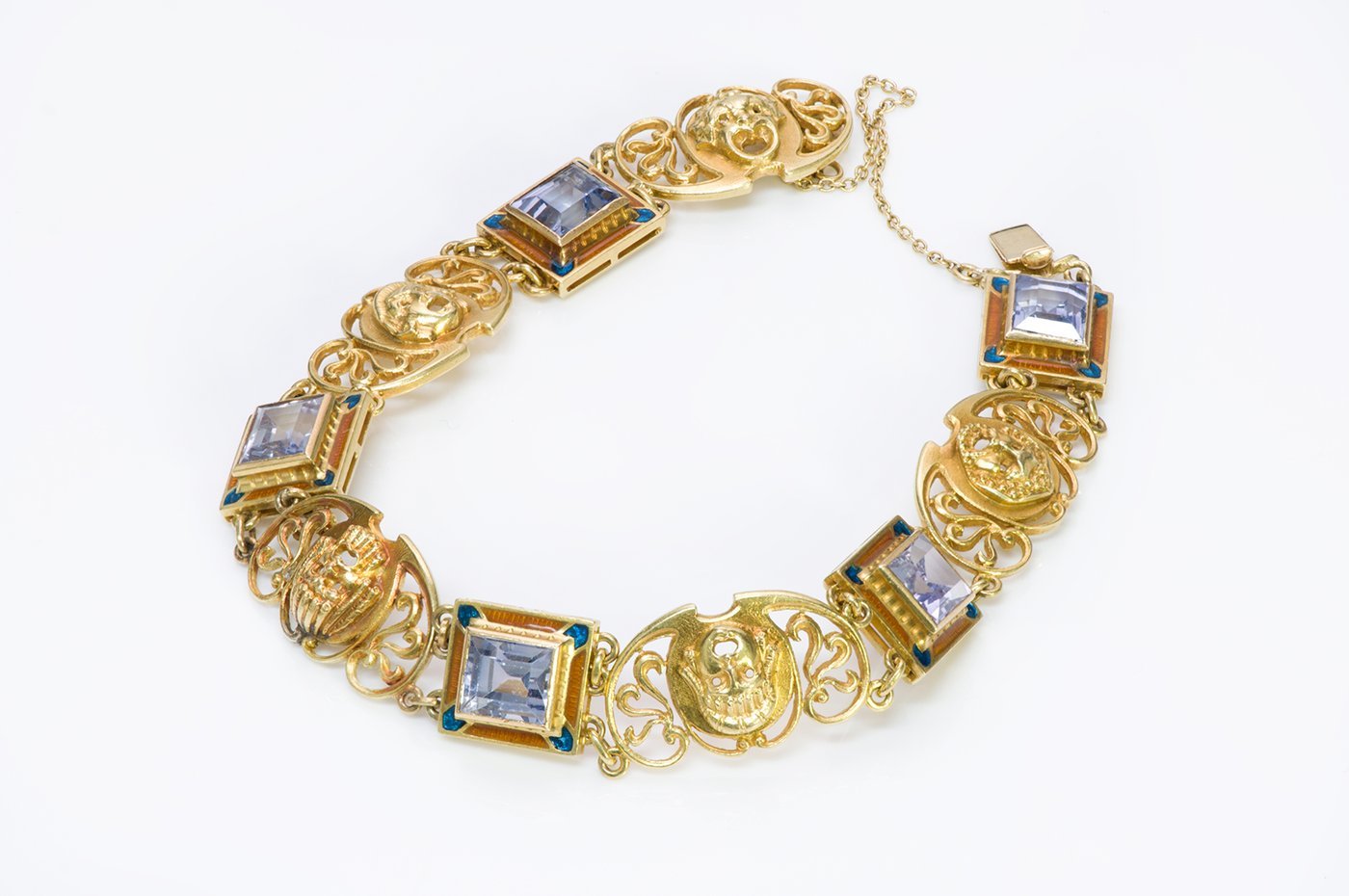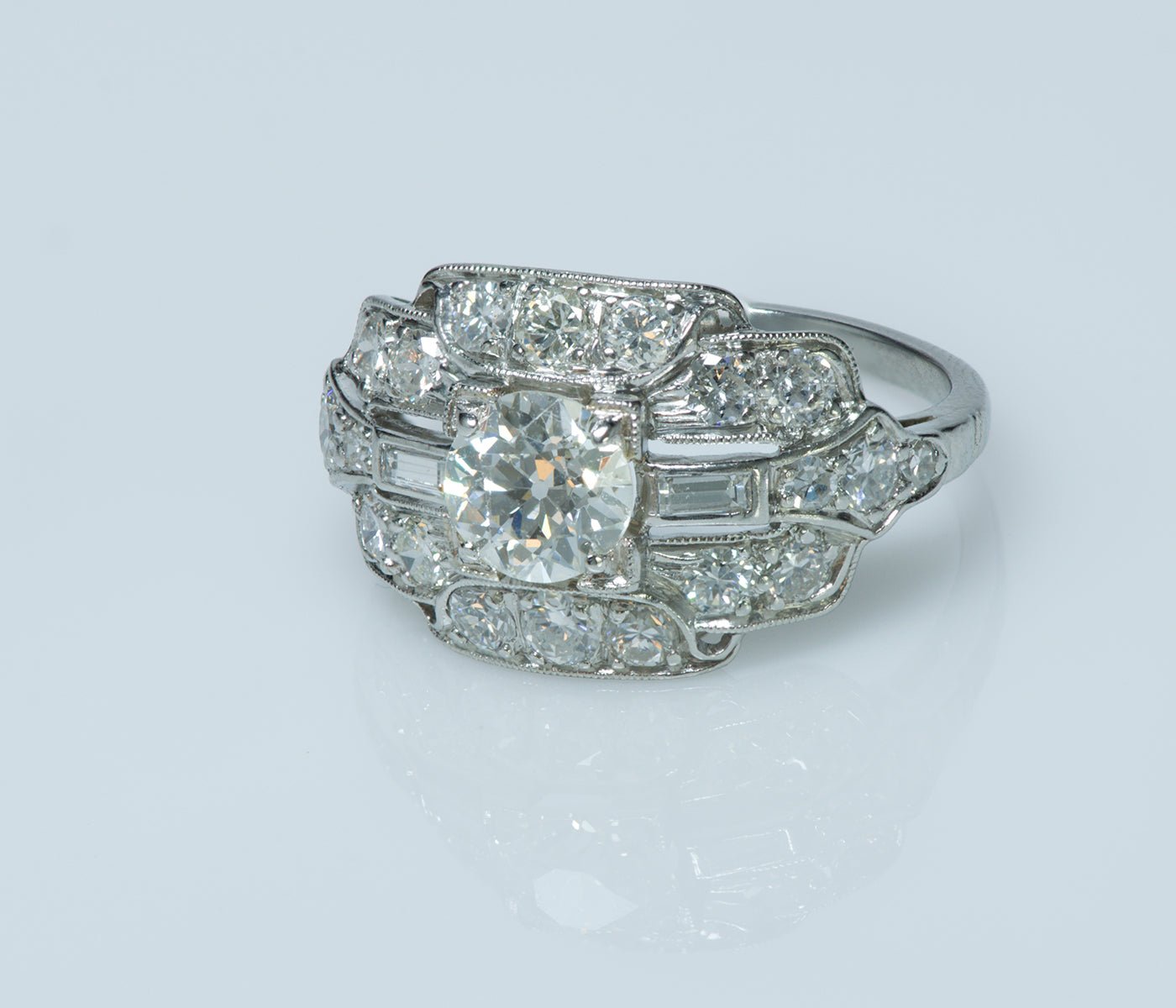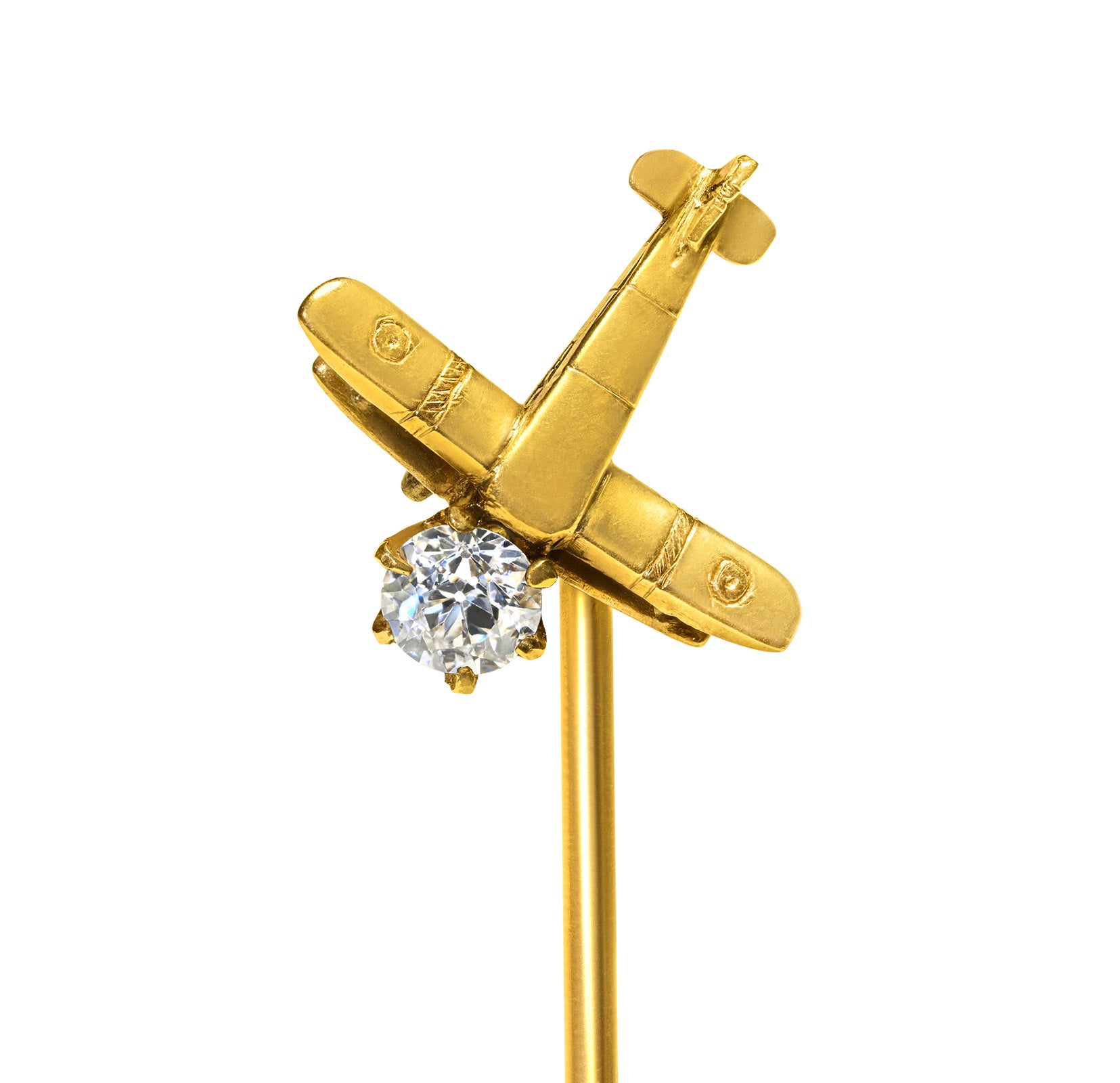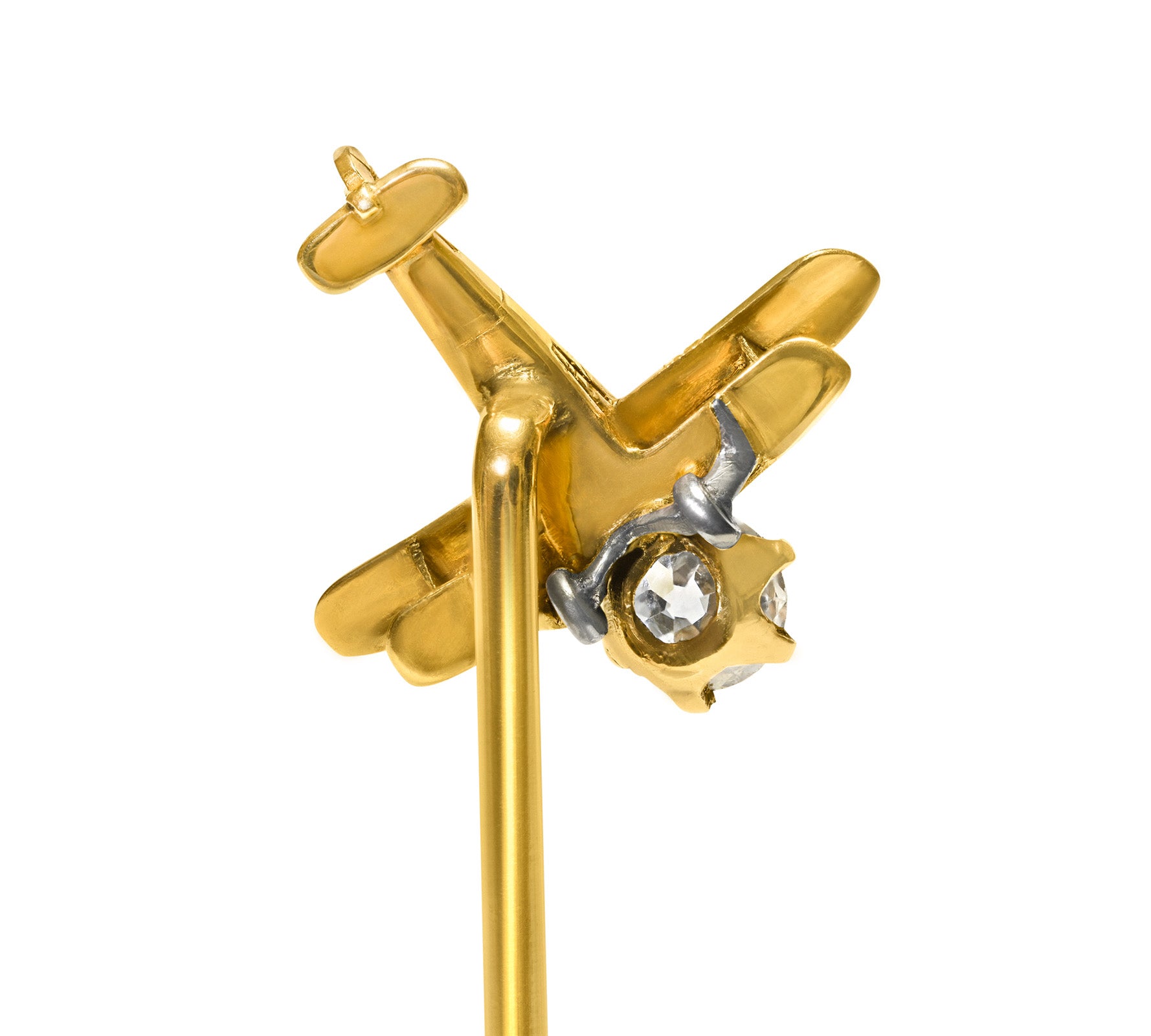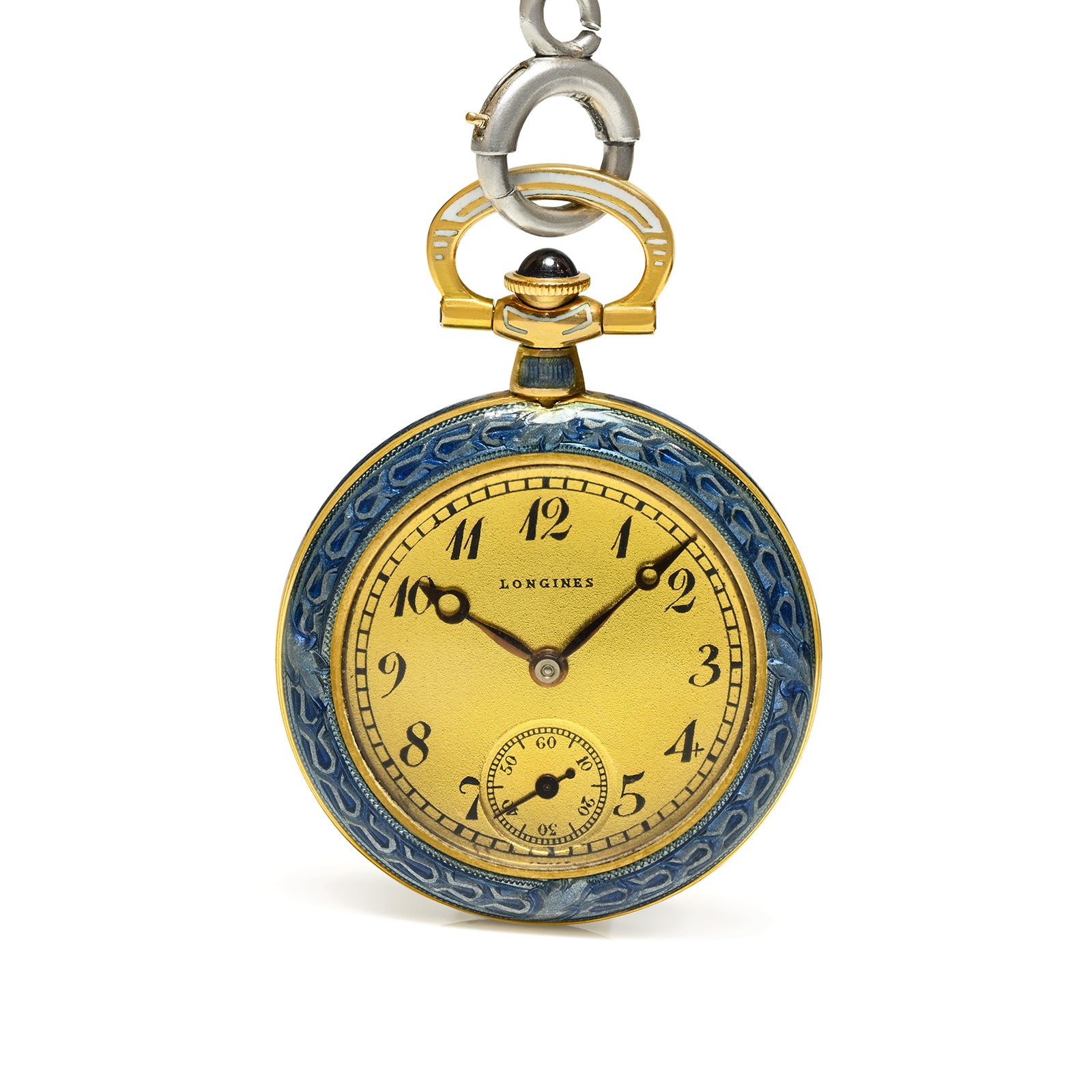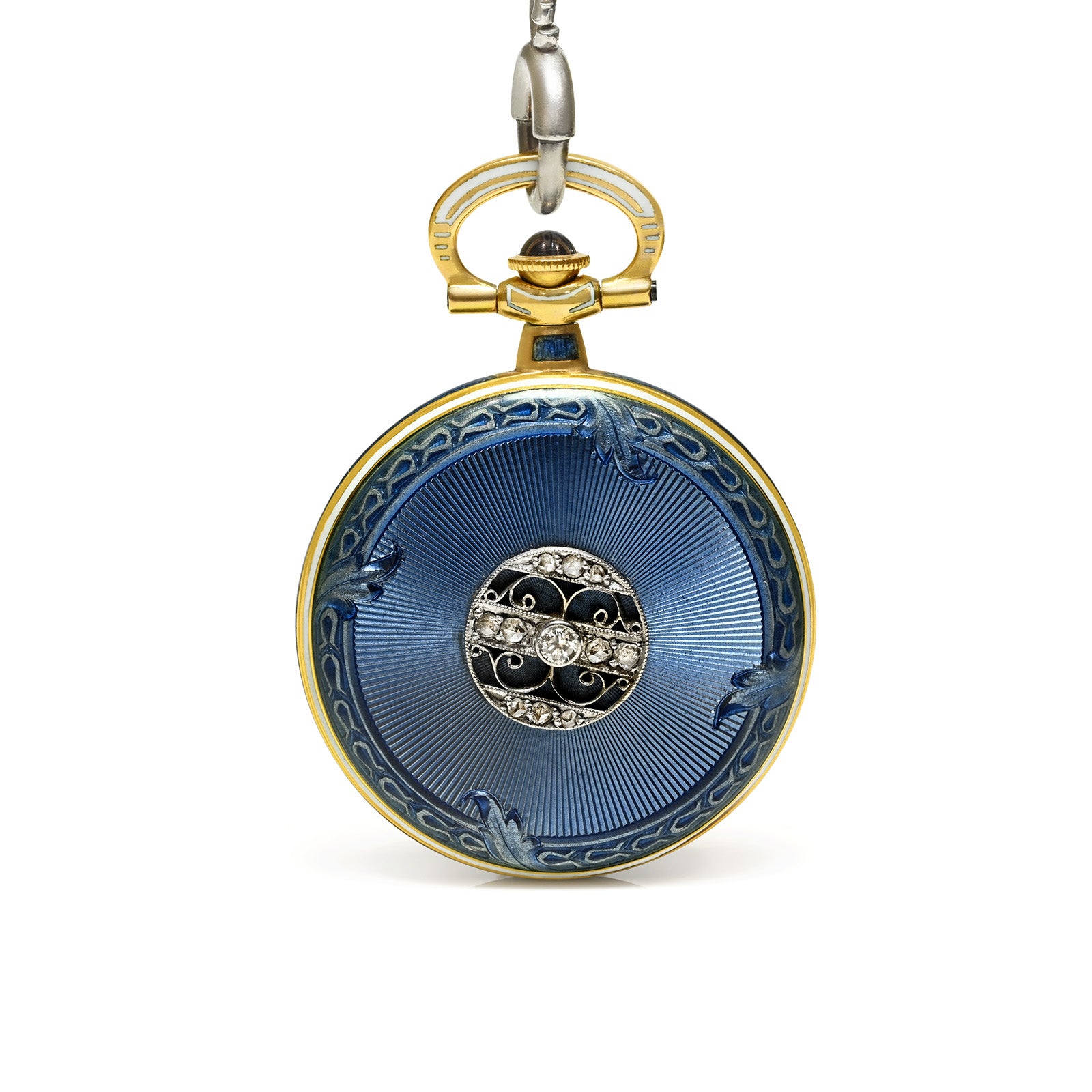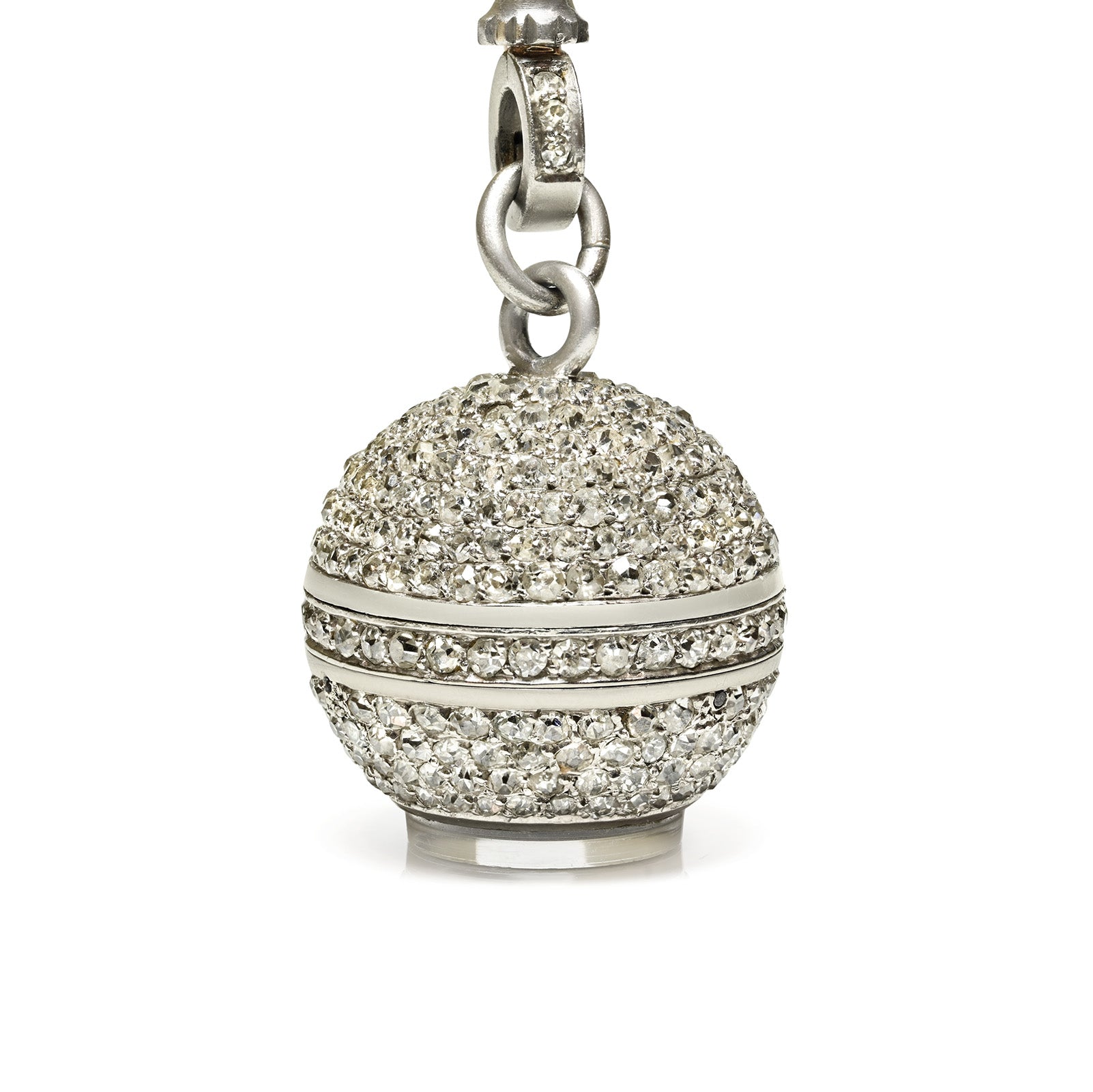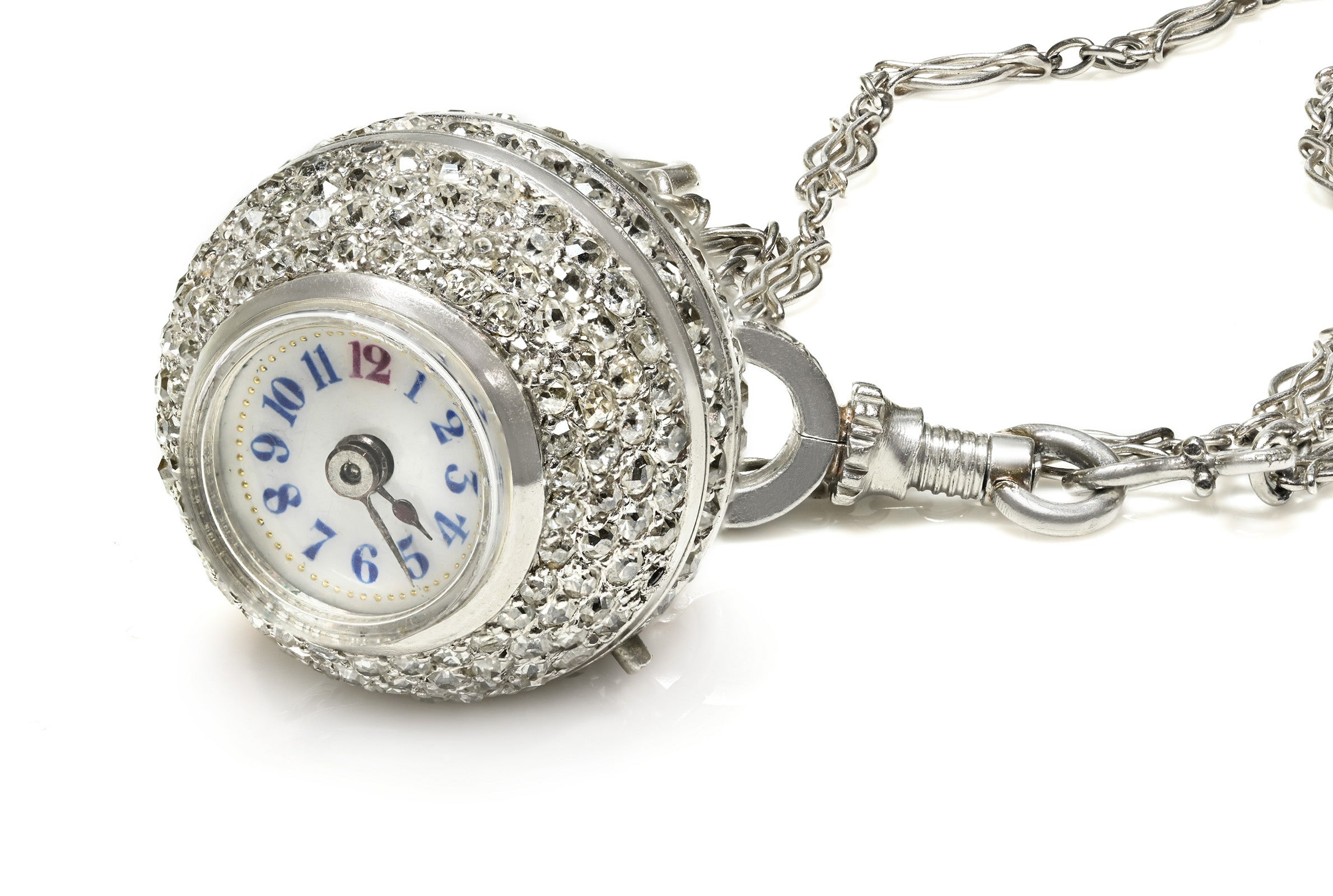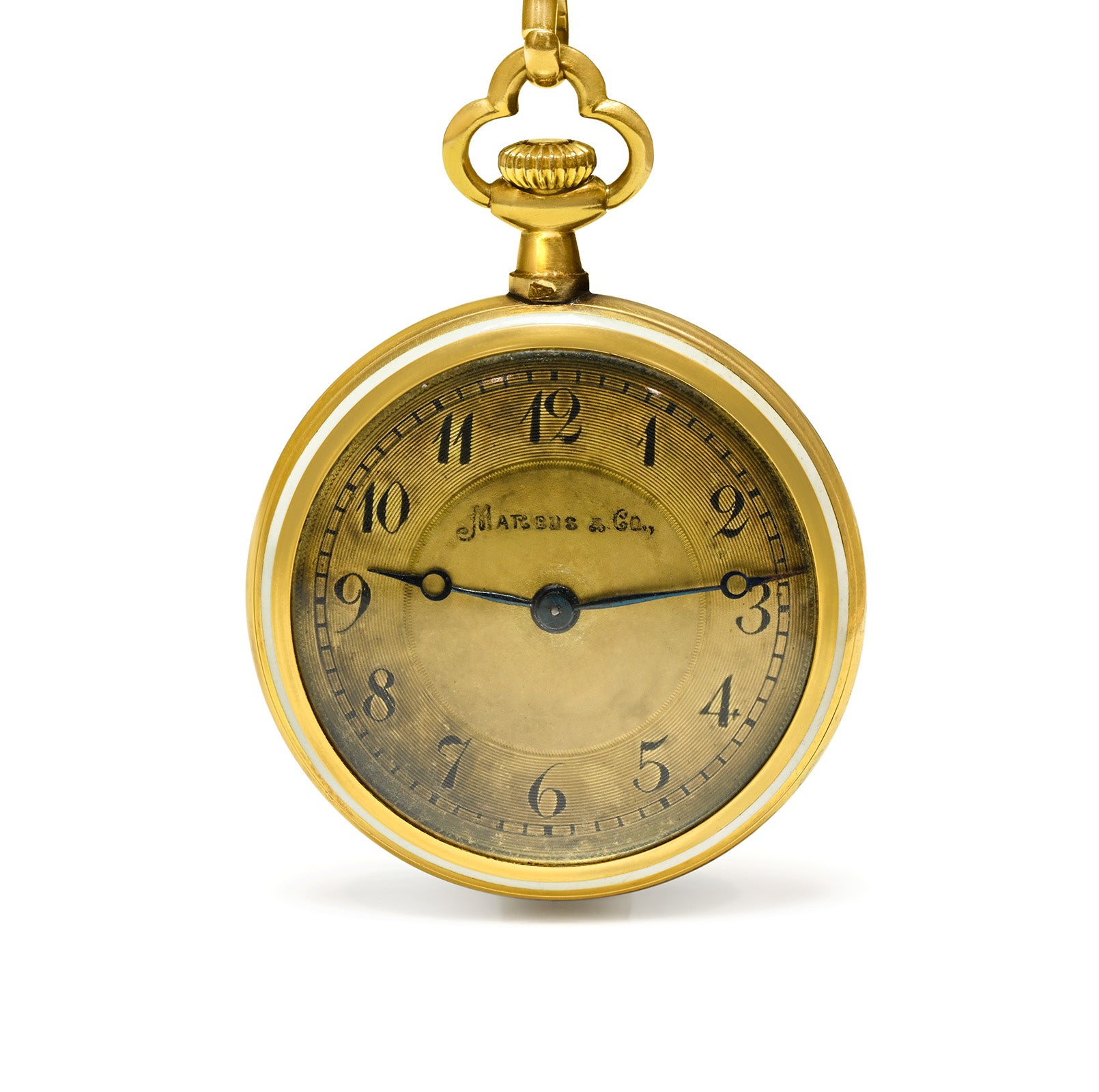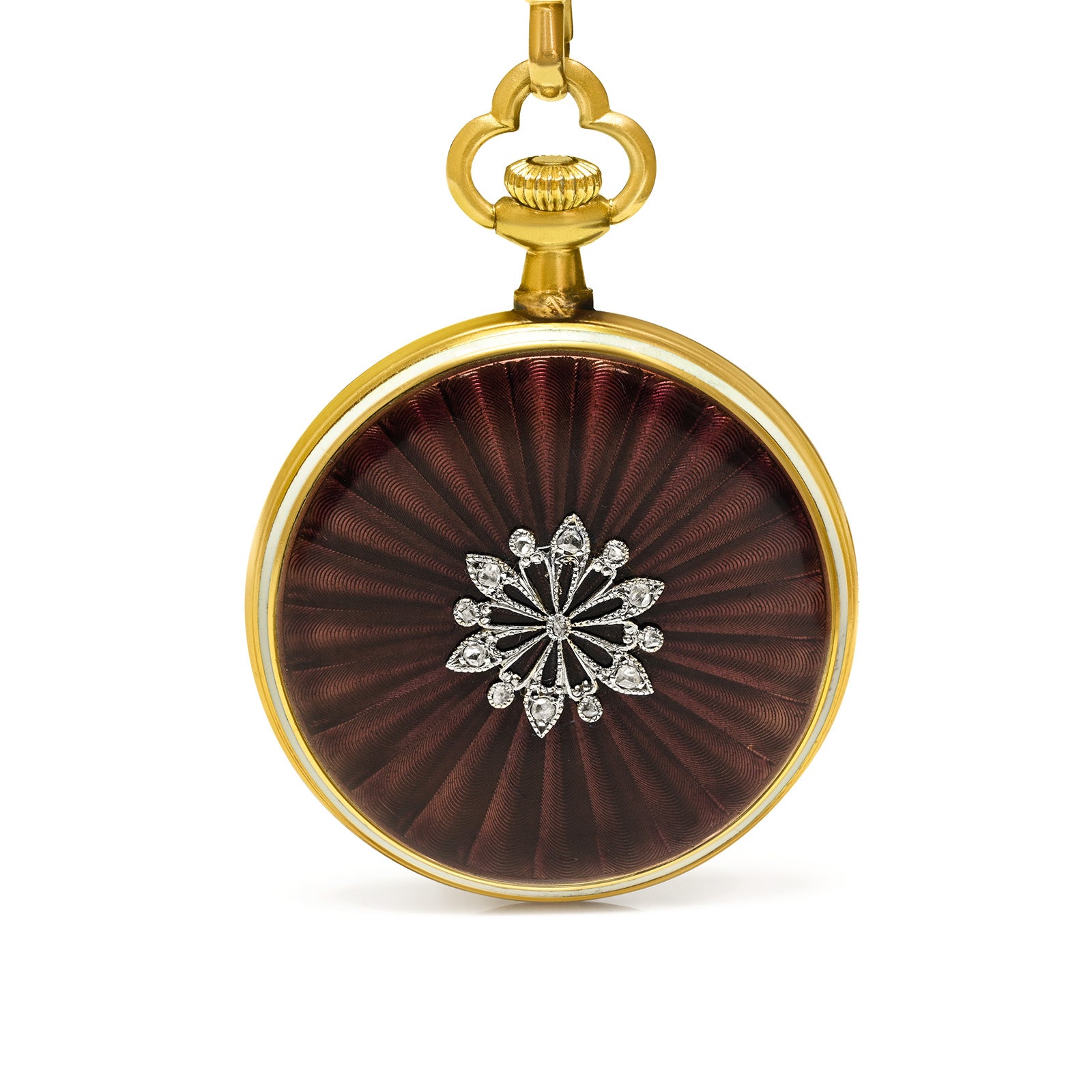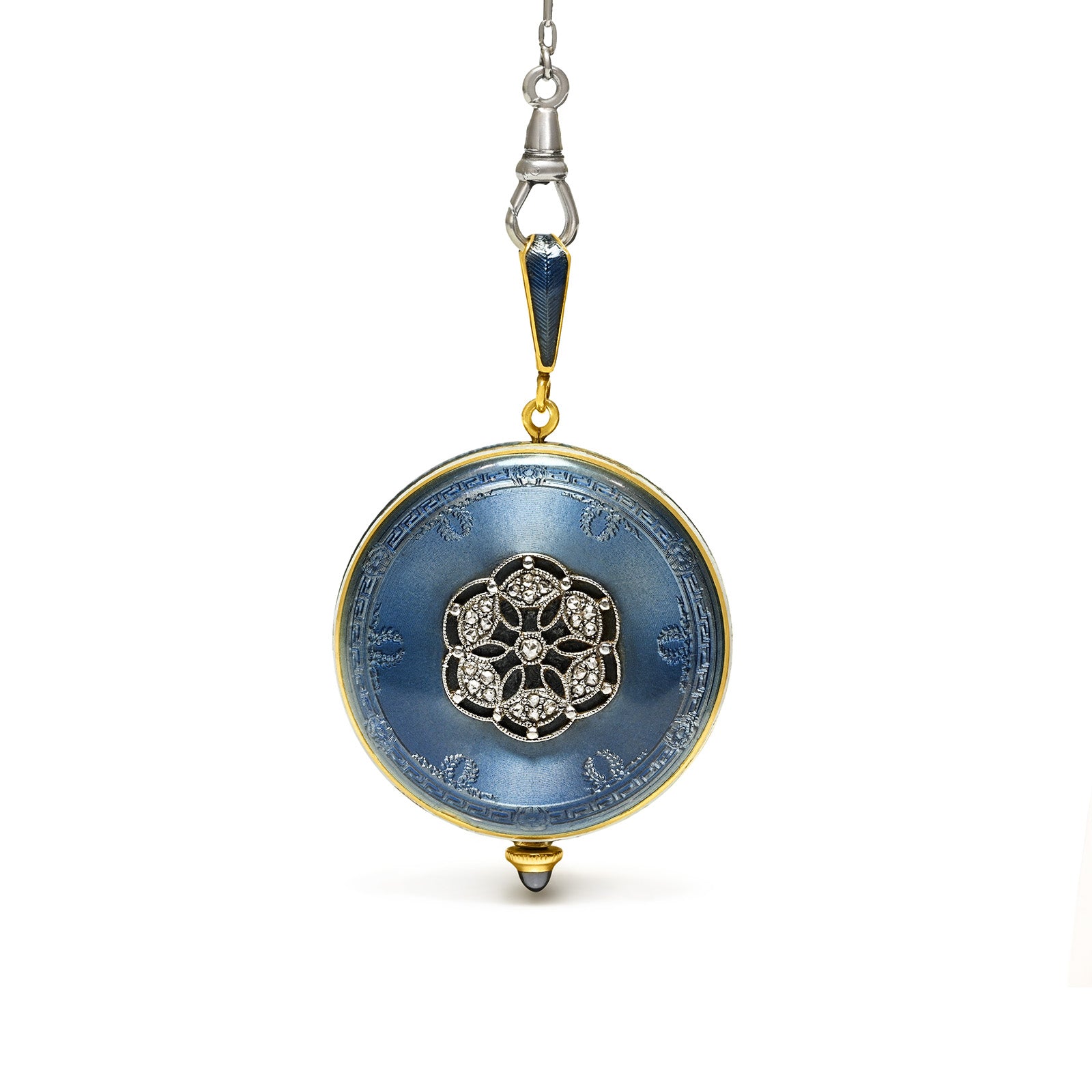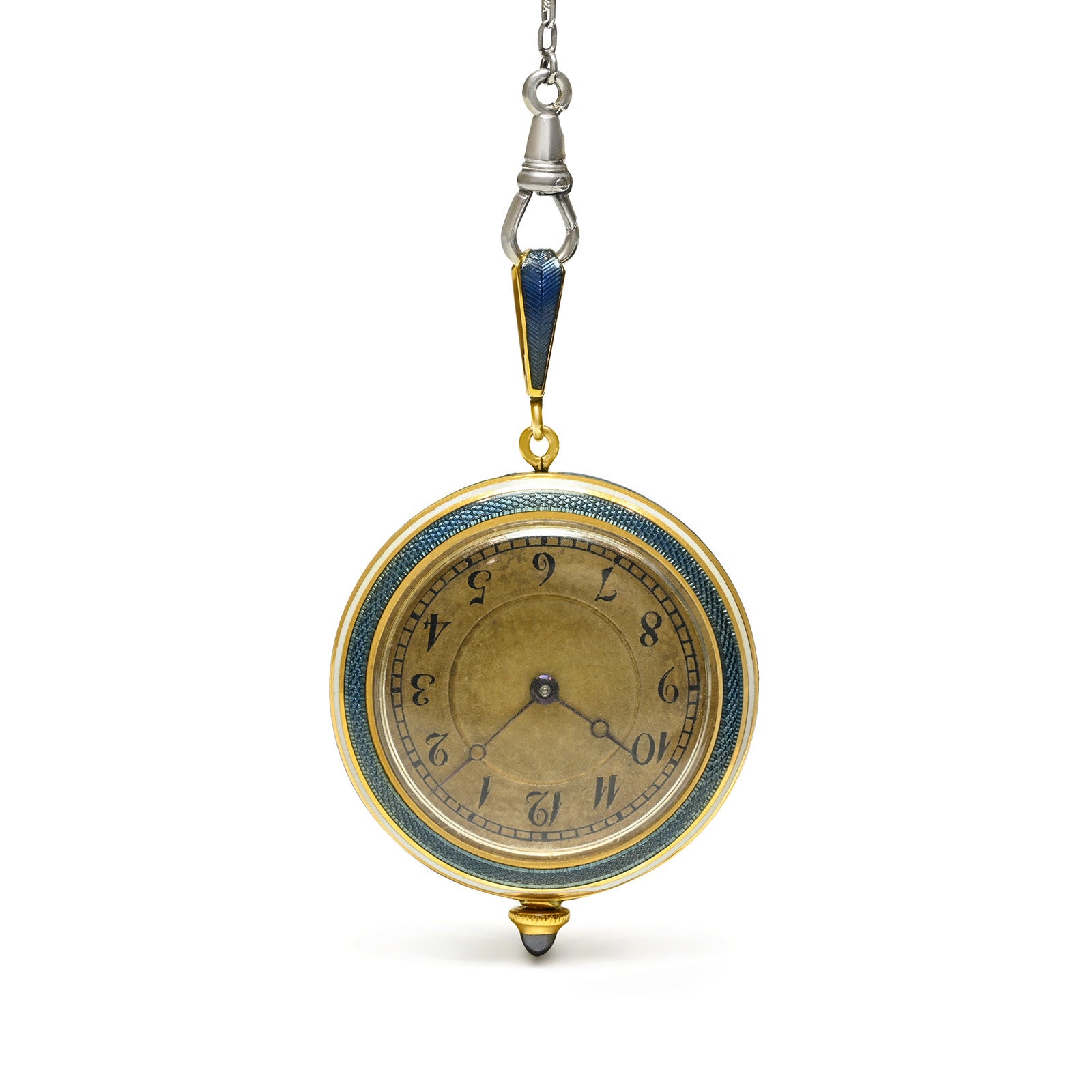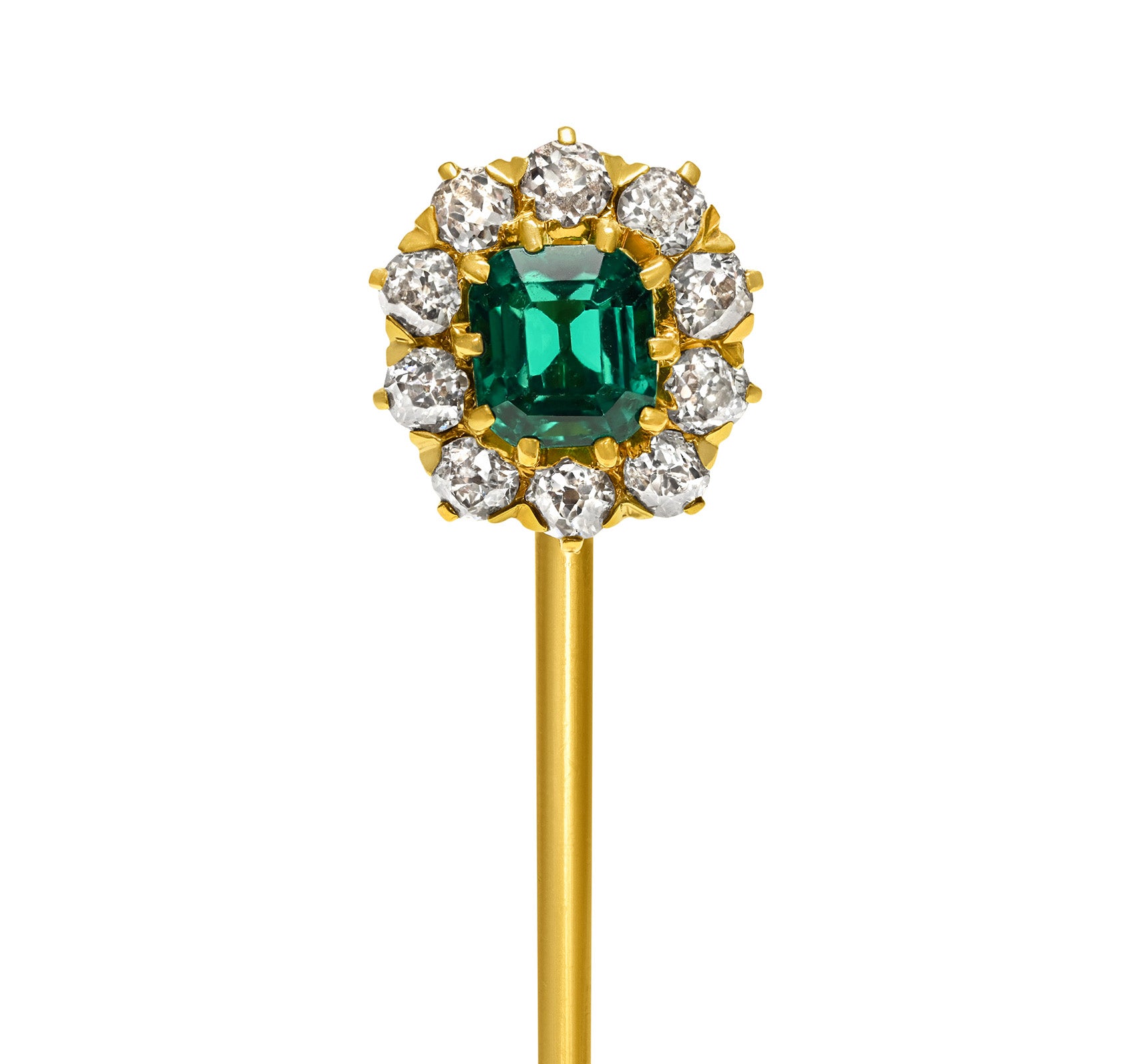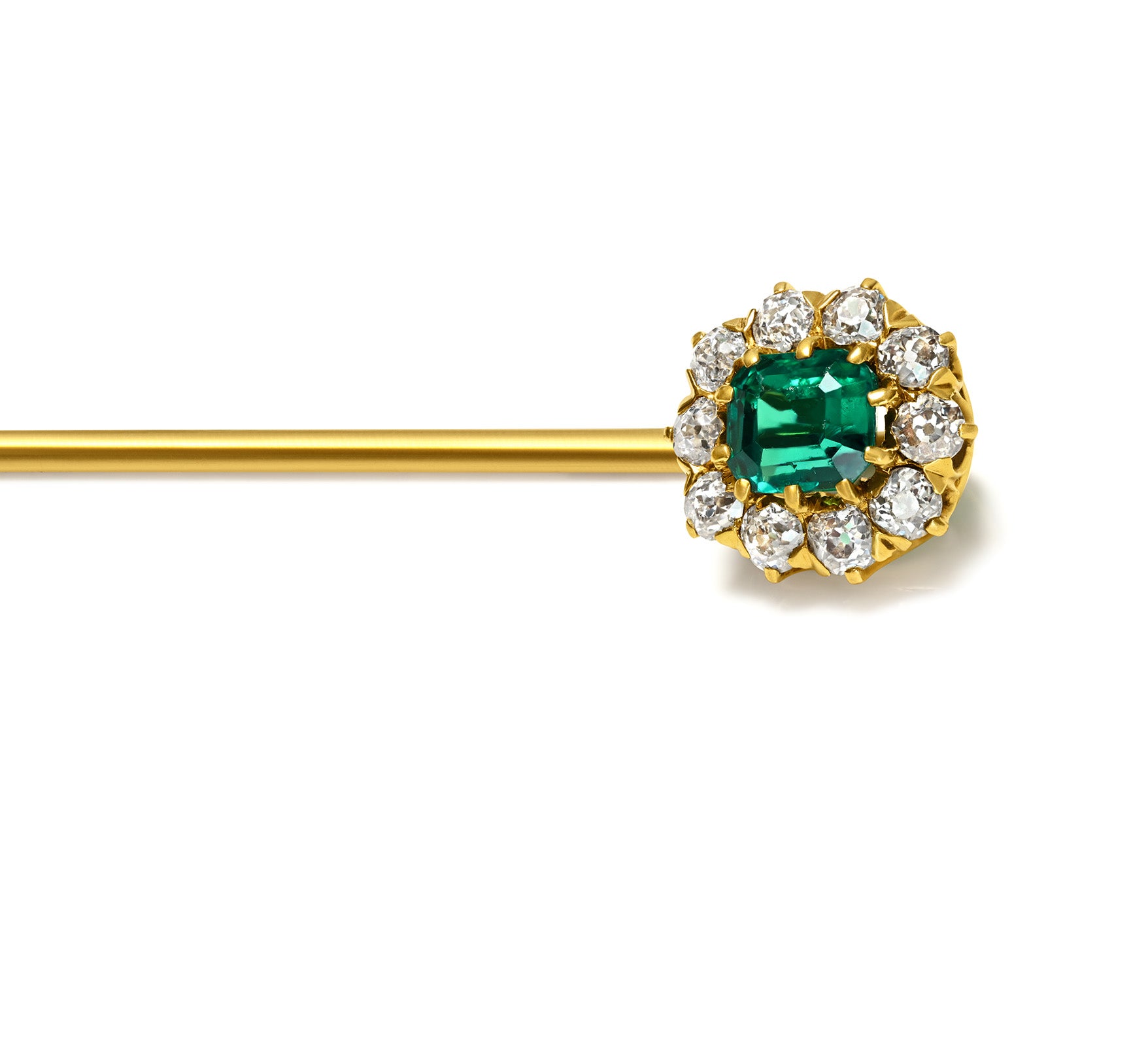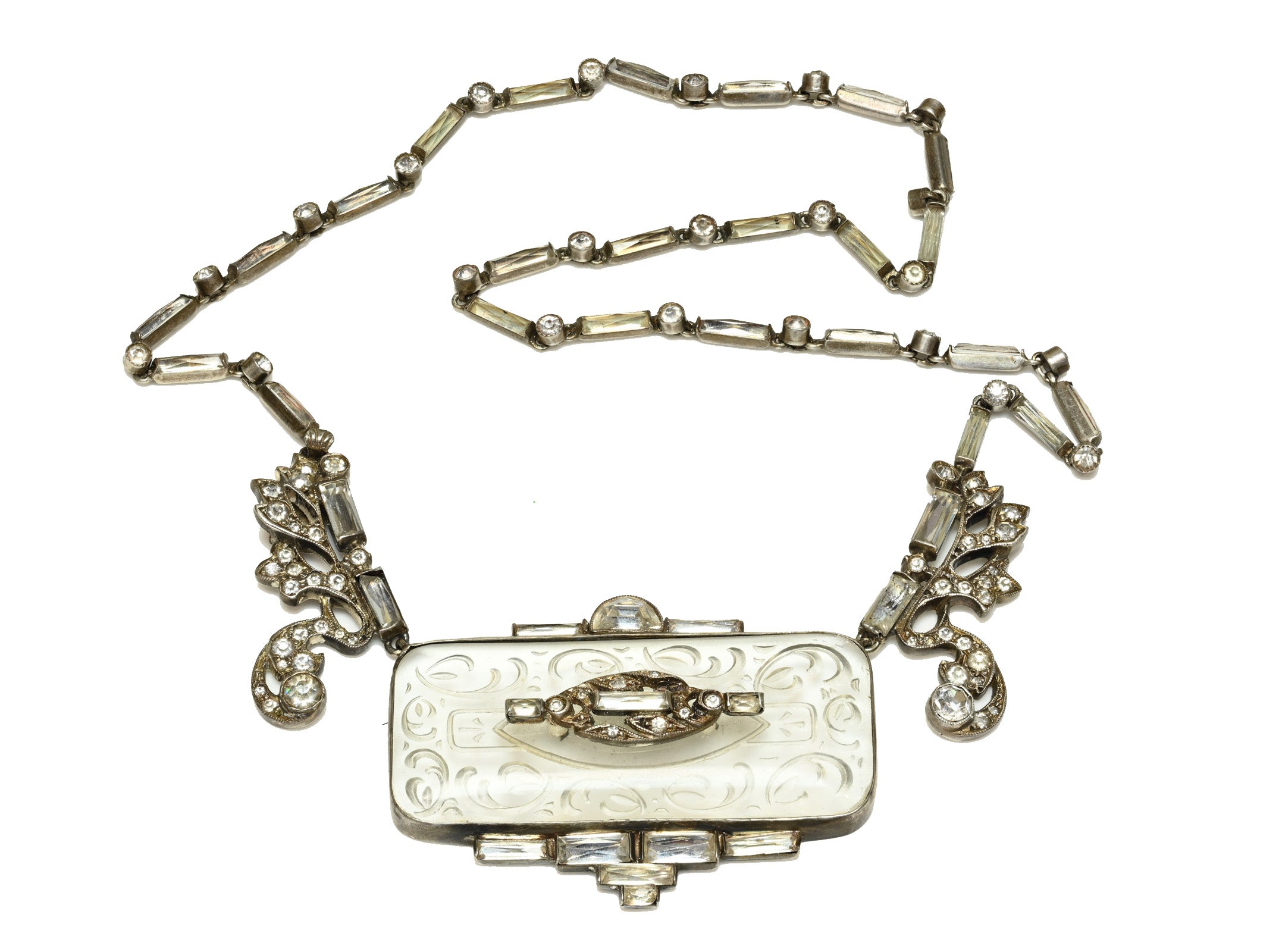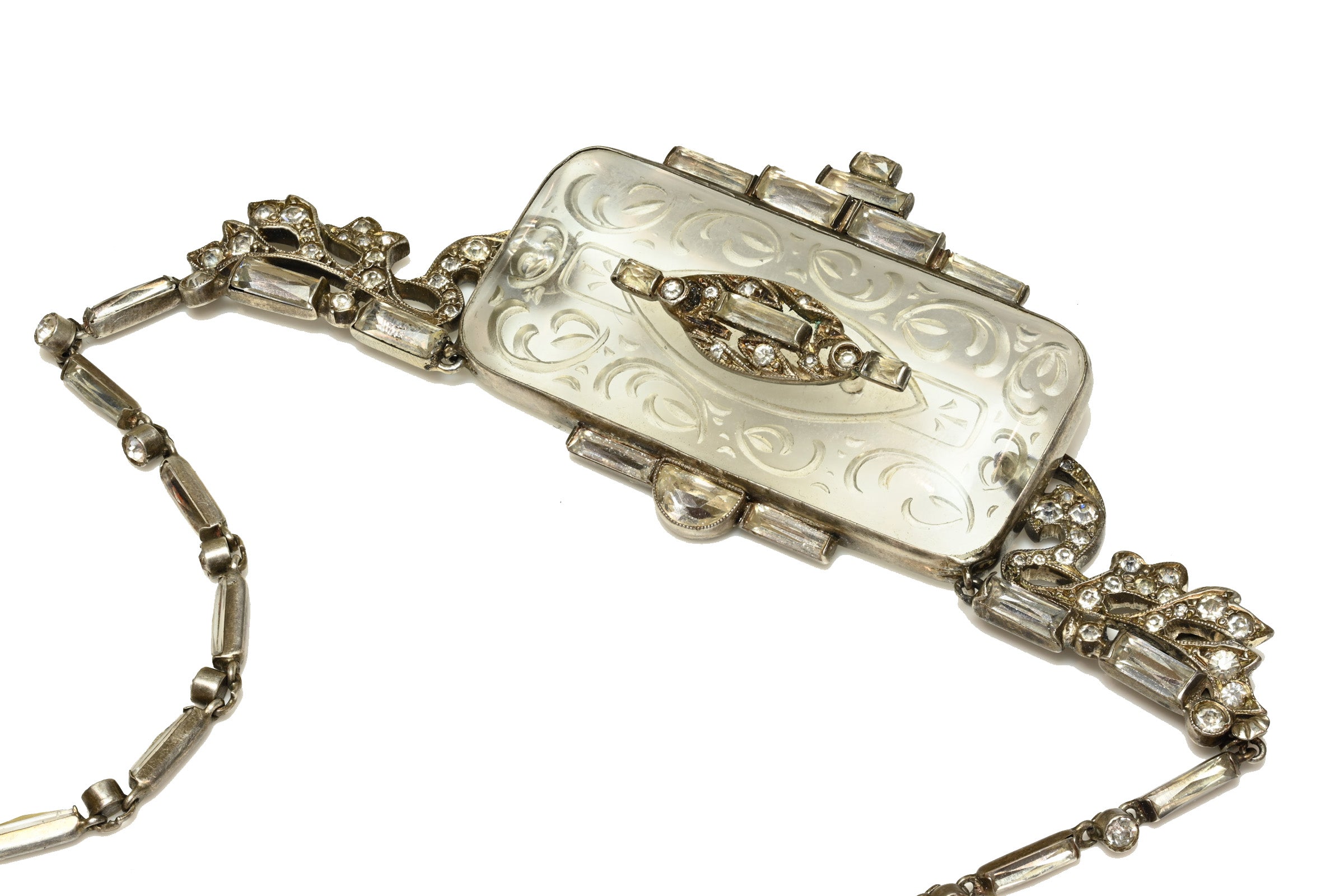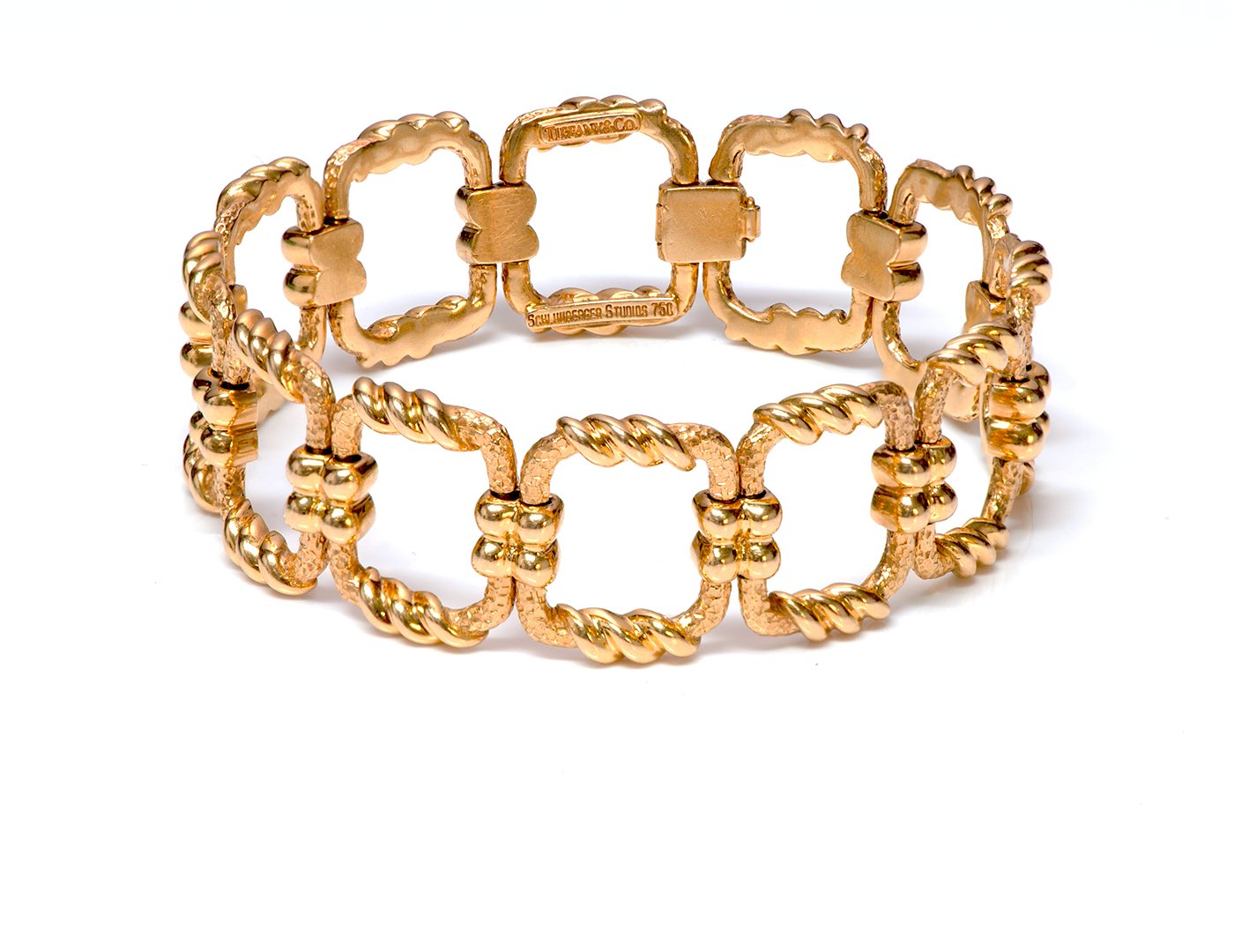
Tiffany & Co. Jewelry Rings Earrings Bracelets
Tiffany & Co.
It was Tiffany & Co. that introduced the engagement ring as we know it, the "Tiffany Setting" that lifts the stone above the band and into the light. Tiffany is also known for pushing the boundaries of jewelry designs and diamond cutting techniques. Tiffany designers created brilliant diamond jewelry in the most fashionable styles, from Art Nouveau in the 1890's, Art Deco in the 1920's, to the timeless classics of today.
Tiffany& Co. Early History
In 1837 Charles Lewis Tiffany and John F. Young opened Tiffany & Young, with $1,000 in backing from Tiffany's father. Located on Broadway opposite Manhattan's City Hall Park, this store sold stationery and a variety of "fancy goods," including costume jewelry. Unlike other stores of the time, Tiffany featured plainly marked prices that were strictly adhered to, sparing the customer the usual practice of haggling with the proprietor. Tiffany also departed from the norm by insisting on cash payment rather than extending credit or accepting barter. Tiffany & Co. has long been renowned for its luxury goods, especially jewelry, and has sought to market itself as an arbiter of taste and style. Tiffany designs, manufactures, and sells jewelry, watches, and crystal glassware. It also sells other timepieces, sterling silverware, china, stationery, fragrances, and accessories. As the 19th century waned, Tiffany was producing pieces with Japanese motifs and diamond necklaces in the Edwardian garland style and flower brooches that were almost life-size. Throughout Tiffany’s history, the U.S. Government has called upon the company to create commemorative designs. Among them are ceremonial swords for Civil War generals; the Congressional Medal of Honor, the nation’s highest military award; and the 1885 redesign of the Great Seal of the United States, which appears on the one-dollar bill.
Tiffany & Co. Designers
In addition to Jean Schlumberger, Tiffany & Co. welcomed other visionary designers, including Elsa Peretti, who transformed the 1970's jewelry design with an elegant simplicity based on natural forms; and Paloma Picasso, who followed in the 1980's with jewelry of bold originality. Additionally, Tiffany & Co. and Frank Gehry's historically significant collaboration as the world's preeminent jeweler and most innovative architect, created jewelry of astonishing originality and sensual beauty. During the Art Nouveau era, Louis Comfort Tiffany, who had taken over his father’s company, continued in this naturalistic vein with intricate brooches resembling buzzing dragonflies and flowering Queen Anne’s lace. In addition to diamonds and other precious stones, Tiffany used enameling techniques and semi-precious stones in his pieces. After Tiffany’s death in 1933, the company went without a Design Director until 1955, when Van Day Trueux was hired. A year later, Tiffany chairman Walter Hoving invited Elsa Schiaperelli's designer Jean Schlumberger to join the firm. Schlumberger loved animal motifs, especially exotic birds, which became marvelous brooches. He also designed Tiffany’s classic bangles which were such favorites of Jacqueline Kennedy that people started calling them "Jackie bracelets." And it was during Schlumberger’s tenure that the movie Breakfast at Tiffany’s, with Audrey Hepburn as the window-shopping waif of indeterminate means, made the store itself a star. Tiffany designs were worn by famous U.S. families such as the Astors, Vanderbilts, Posts, Huttons, and Morgans. Athletes, Hollywood stars, and European royalty were also Tiffany customers.
Tiffany & Co. Example of Fine Jewelry

Tiffany & Co. Platinum Diamond & Briolette Aquamarine Lace Necklace
